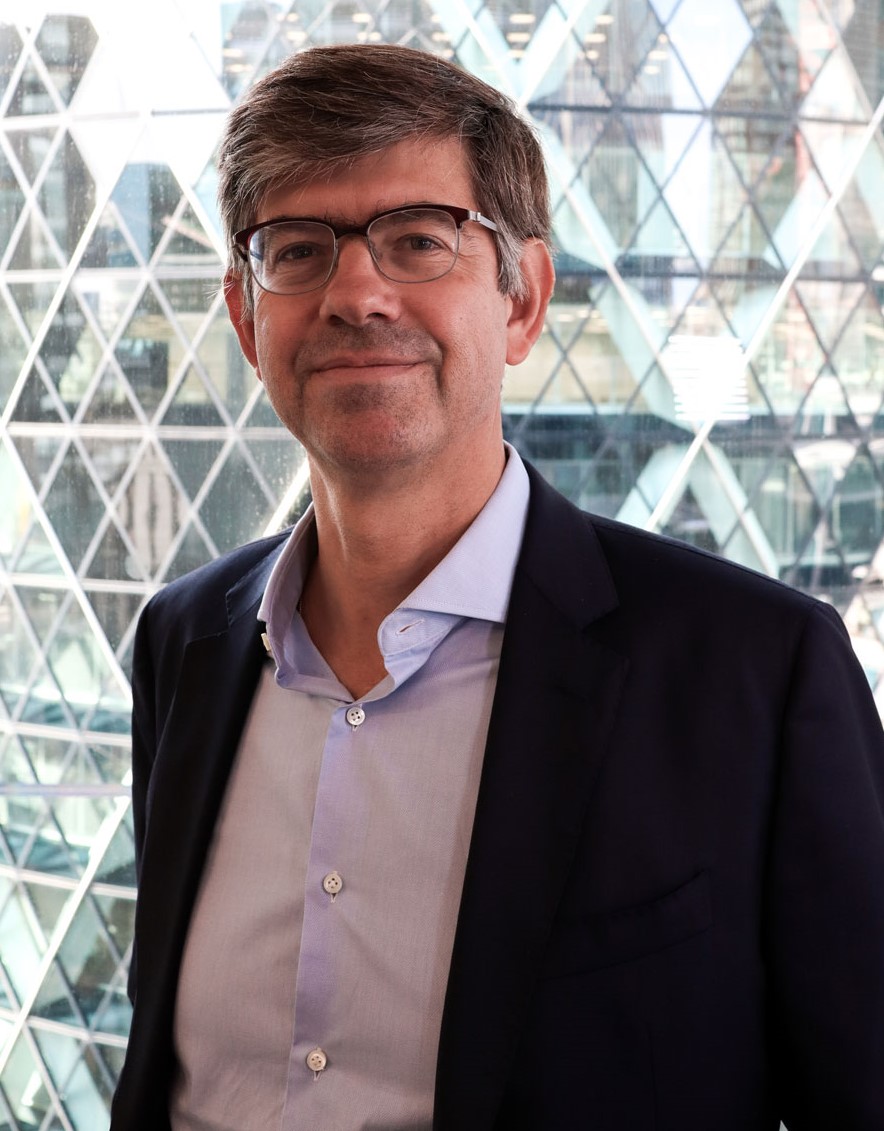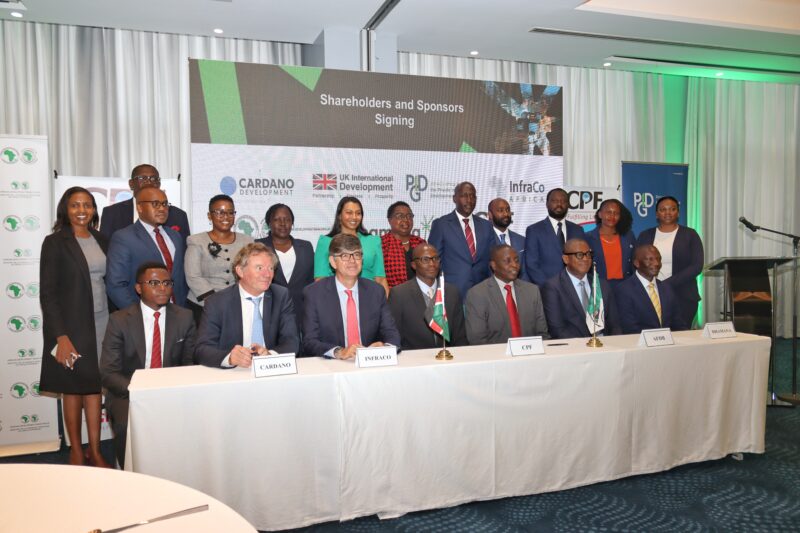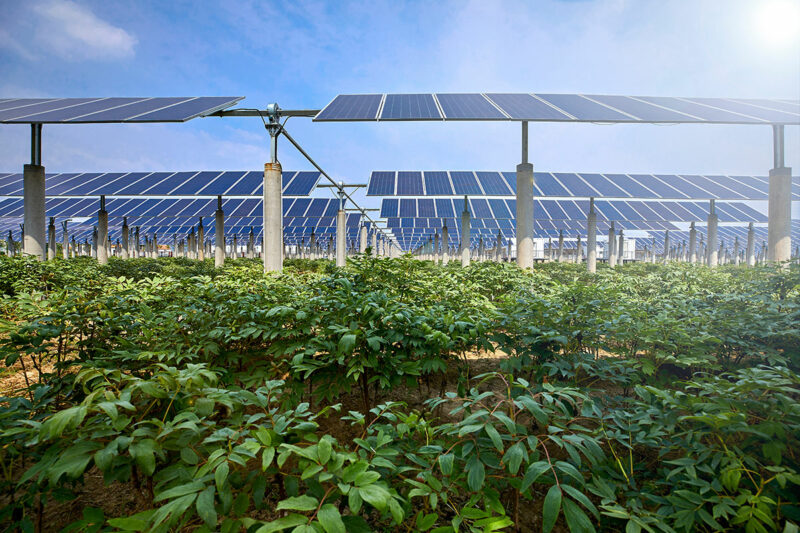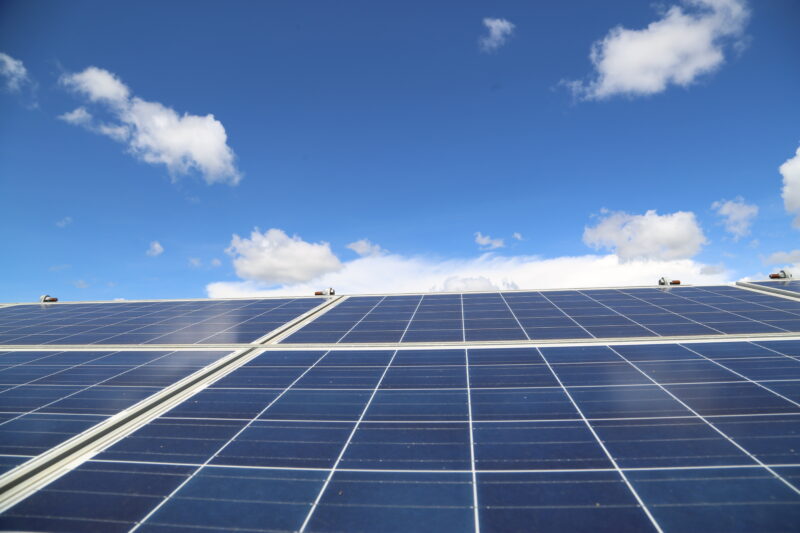Market Insights: Accelerating access to off-grid energy solutions
3rd Mar 2023 | Leave a comment | By Gilles Vaes
COP27 in Egypt late last year reaffirmed the duty of OECD nations to provide the finance and support necessary for developing nations to adapt to current climate challenges and to minimise future emissions, whilst continuing to address the UN Sustainable Development Goals (SDGs).
The urgency of the situation is abundantly clear. Devastating floods are affecting countries in Asia, droughts, intense storms and wildfires have been experienced across Europe, Australasia and the Americas, and the frequency of severe weather events is increasing throughout Africa. It can feel overwhelming.
Looking back at thirty years of global efforts to address climate change, former Executive Secretary UN Climate Change (2010-2016), Christina Figueres recently said that addressing climate change is not about hope, but about decision, choice and courage, about doing what needs to be done.[i]
She is right.
However, hope often goes hand in hand with courage and is necessary if we are to affect change and inspire action and so I would like to take this opportunity to highlight some of the transformational work that InfraCo Africa – the project development arm of the Private Infrastructure Development Group (PIDG) – is doing in the sub-Saharan off-grid energy space, putting official development assistance funds to good use.
Why go off-grid?
Energy access is recognised as a key driver for achieving many of the UN SDGs,[ii] yet 48% of people in sub-Saharan Africa still lack access to electricity.[iii] The International Energy Agency highlighted a stark statistic in its Africa Energy Outlook Report 2022: ‘Bringing access to modern energy for all Africans calls for investment of US$25 billion per year – a sum equivalent to the cost of building just one liquefied natural gas terminal.’ This highlights the case for redoubling our efforts to achieve universal clean energy access and shows that reaching this goal is within our collective means.[iv]
Grid-connected renewables – hydro, geothermal, wind and solar – are expensive to develop and can take many years to come to fruition, they can also be hampered by unstable grids and limited distribution infrastructure. InfraCo Africa recognises that these large power installations form a vital part of Africa’s future energy mix and we support a range of on-grid renewable energy projects across sub-Saharan Africa. We are also pioneering utility scale battery storage to overcome the challenges of integrating intermittent renewables with the grid.
But we can also work more nimbly to accelerate clean energy access. By deploying solar home systems, micro grids and mini grids in remote areas or where terrain is challenging, connections can be made more cheaply and rapidly than would be possible through grid-connection alone. Not only does access to solar power cut emissions from diesel generators and kerosene lamps, but it also improves household air quality, saves people time collecting fuel, cushions them from the impact of global fuel price fluctuations and improves their health by eliminating indoor fuel burning. Decentralised renewable energy systems can make power supplies more resilient for consumers and businesses in the event of extreme weather events that could impact grid supply.[v]
Starting small
So what do off-grid systems look like on the ground? They vary widely, from individual solar home systems and rooftop installations to larger stand-alone facilities with modern battery back-up systems which provide thousands of connections. Over a decade ago, InfraCo Africa developed an early mini grid as part of our Kalangala Infrastructure Services project in Uganda. The 1.6MW solar hybrid facility delivers power on Bugala Island off the Ugandan mainland and now serves over 4,000 customers.[vi] The impact of clean power for islanders has been significant, crops and fish can be kept cold, retaining their market value for longer, businesses can open later in the evening and the island’s hospital can function 24/7 with reliable power access.
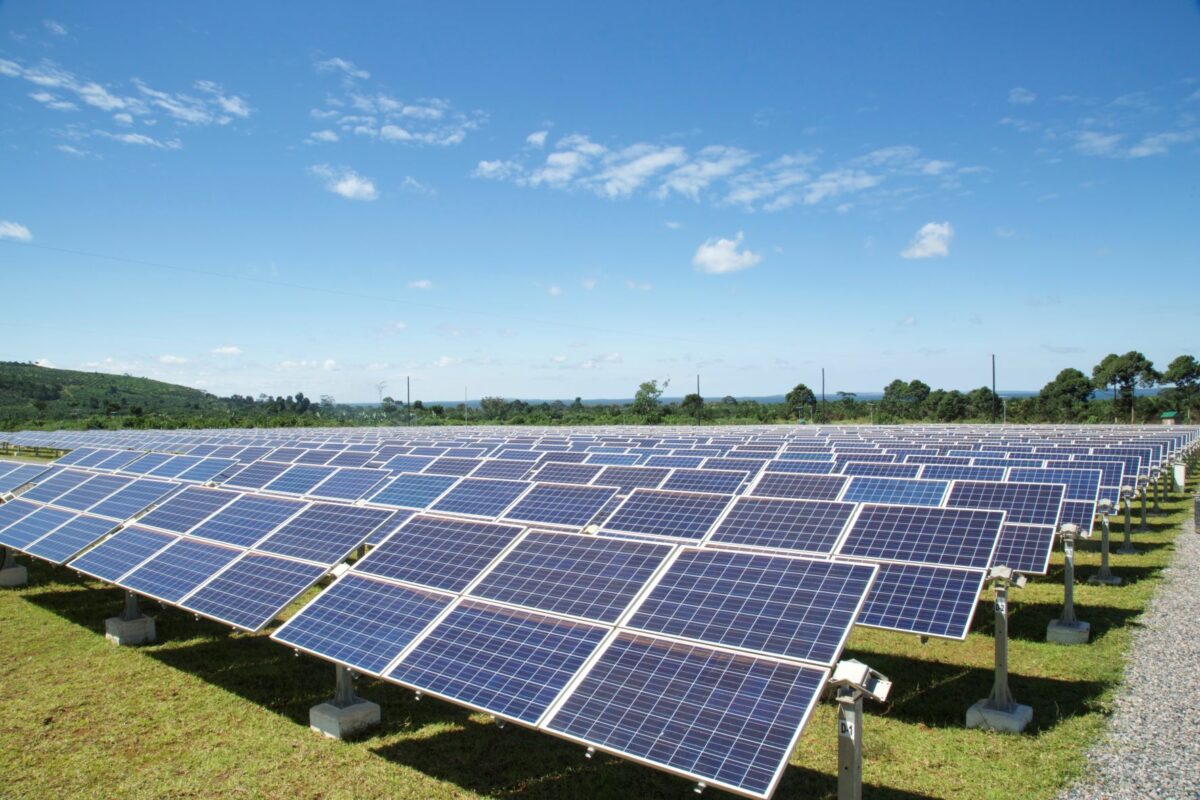
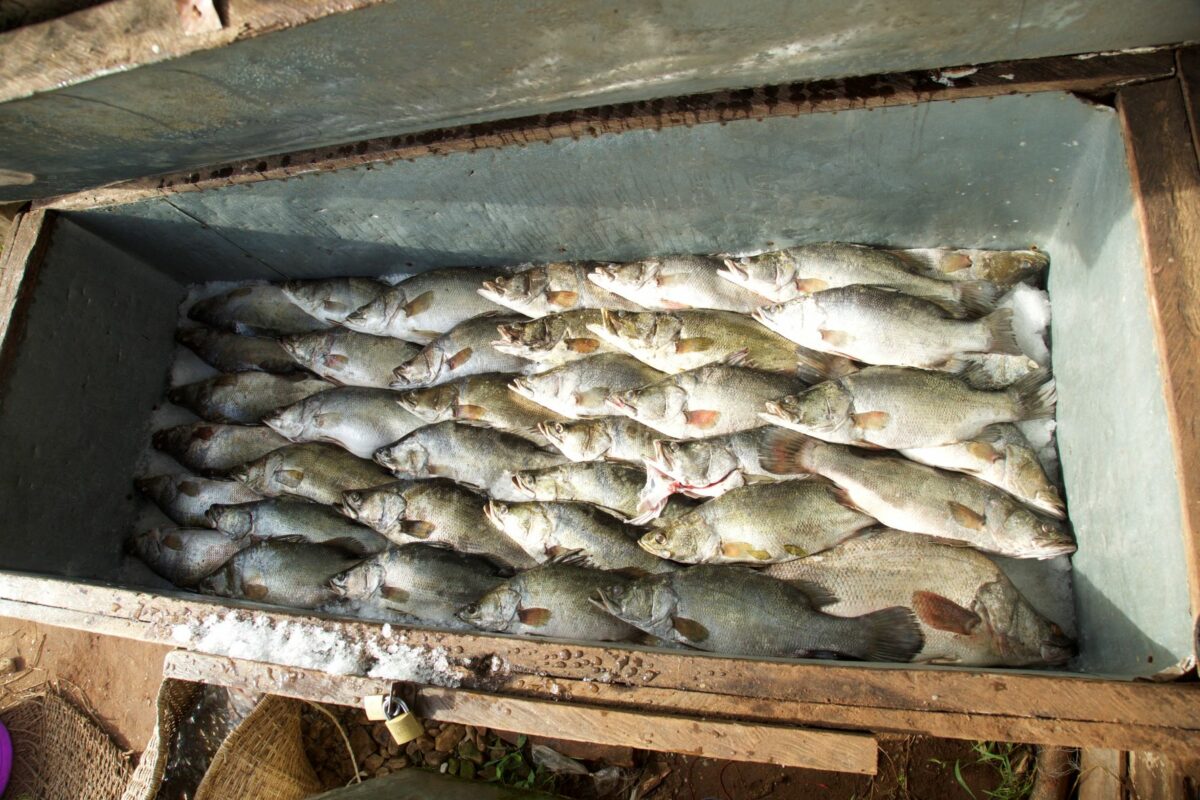
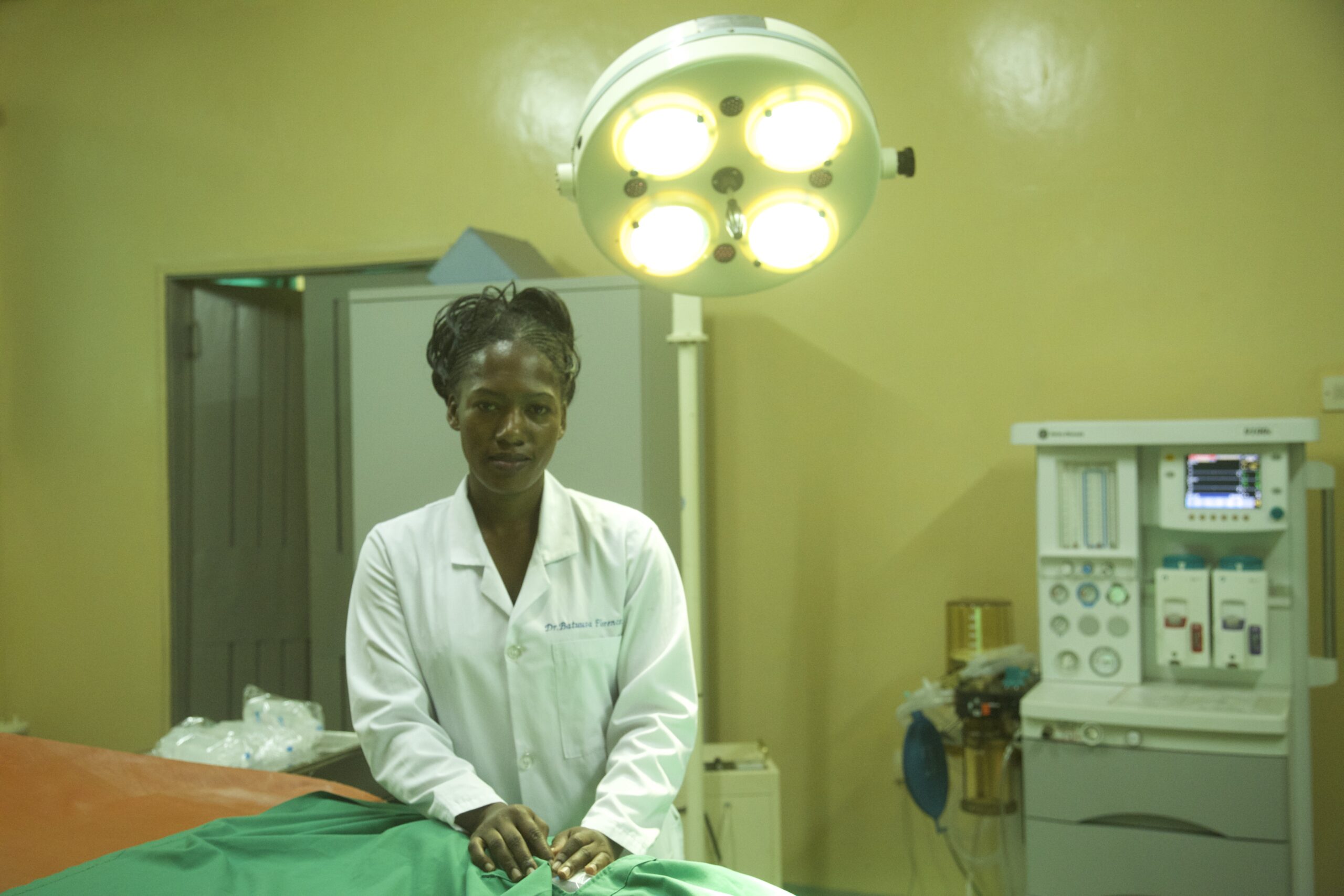
Maximising impact
Access to power does not, in itself, maximise positive development impact. In Kenya, by enabling individuals and businesses to access micro-financing for appliances our KUDURA Power East Africa project is developing a sustainable business model whilst also ensuring that people can maximise the impact of power. With access to clean power and affordable appliances, people can establish and grow businesses such as shops, flour mills and hairdressers. KUDURA is also exploring ways to incorporate water purification and pumping systems alongside its mini grids, an initiative which will promote better health in underserved communities.
Another example of how off-grid utilities are encouraging productive use of energy is Equatorial Power. With support from InfraCo Africa, Equatorial Power is scaling its innovative model in Rwanda and Democratic Republic of the Congo (DRC), creating agri-processing hubs with drying, refrigeration and ice-making facilities so that people can add value to their agriculture produce, reduce food waste and increase household incomes.
This focus on food security can also be seen with our Bonergie Irrigation project which is displacing diesel irrigation pumps with solar powered systems to increase farmers’ yields in rural Senegal. InfraCo Africa’s support is enabling Bonergie to scale its operations, installing up to 2,000 new solar-powered irrigation systems and 500 efficient drip irrigation systems.
We are also exploring ways to support commercial and industrial (C&I) solutions to supplement grid power, ensuring that outages do not affect the productivity or profitability of industries such as cold storage and agri-processing . Once proven, it is anticipated that these different models will be well positioned to attract further private sector finance to deliver power for agricultural, domestic and business customers across the region.
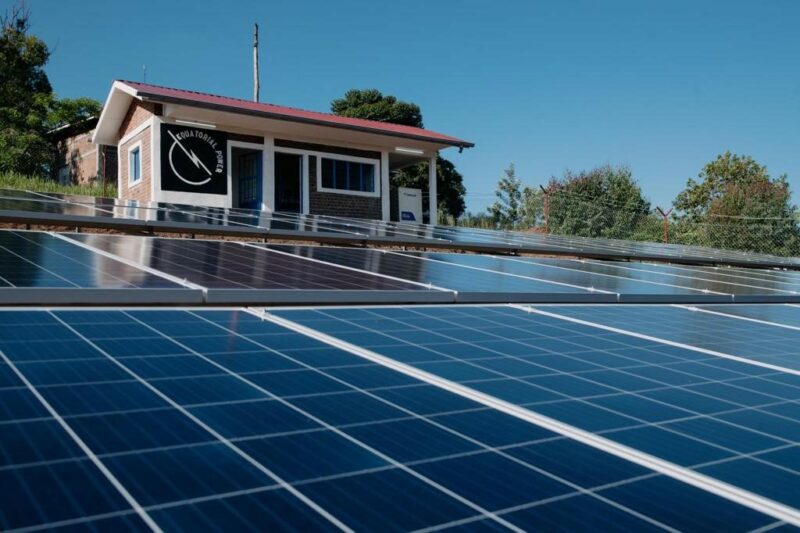
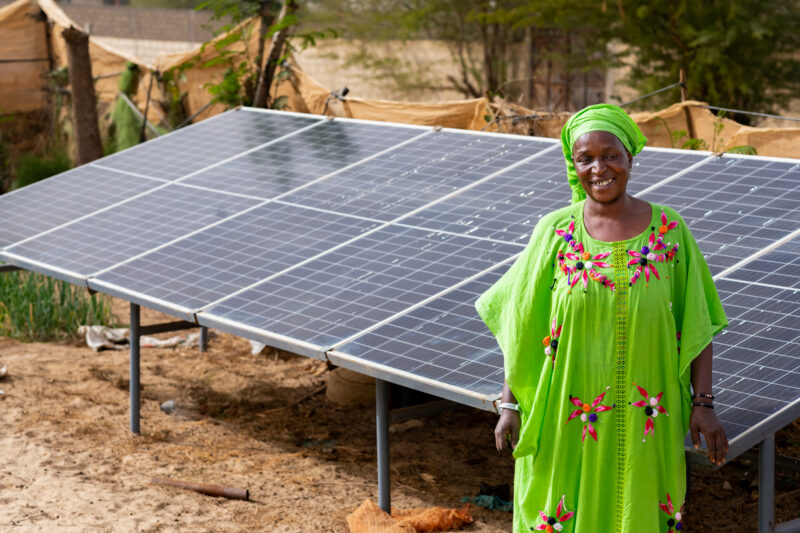
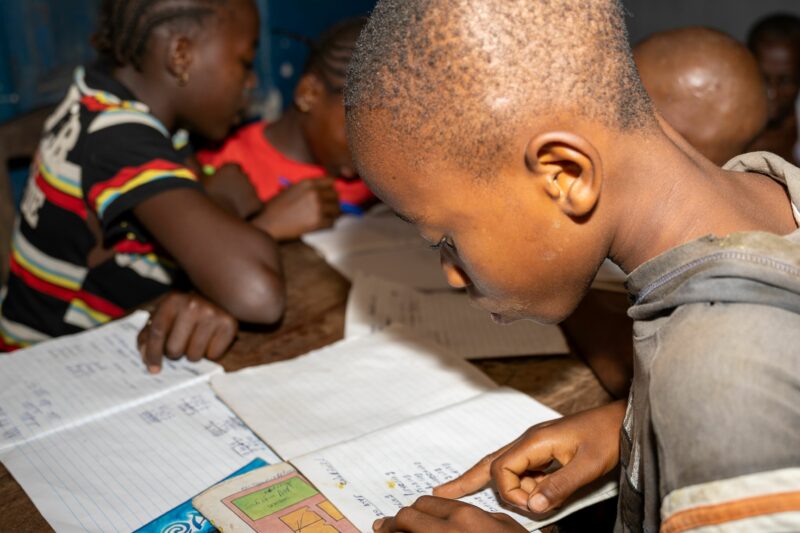
Accelerating access
It is this acceleration of access that is needed. An individual solar home system or mini grid is impactful but off-grid solutions must be developed at scale if we are to deliver a clean energy revolution on the continent in the timeframes demanded by the Paris Agreement.
To this end, InfraCo Africa has broadened our horizons, developing portfolio projects such as our Sierra Leone Mini-grid project which recently completed the roll out of mini grid power across forty communities in southern and eastern Sierra Leone, serving more than 13,000 homes and businesses.
Our ambitions do not stop at country borders. InfraCo Africa is pursuing bold investments into pan-African initiatives such as Bboxx, a next generation utility ramping up the provision of clean energy in new markets across sub-Saharan Africa to benefit hundreds of thousands of people.
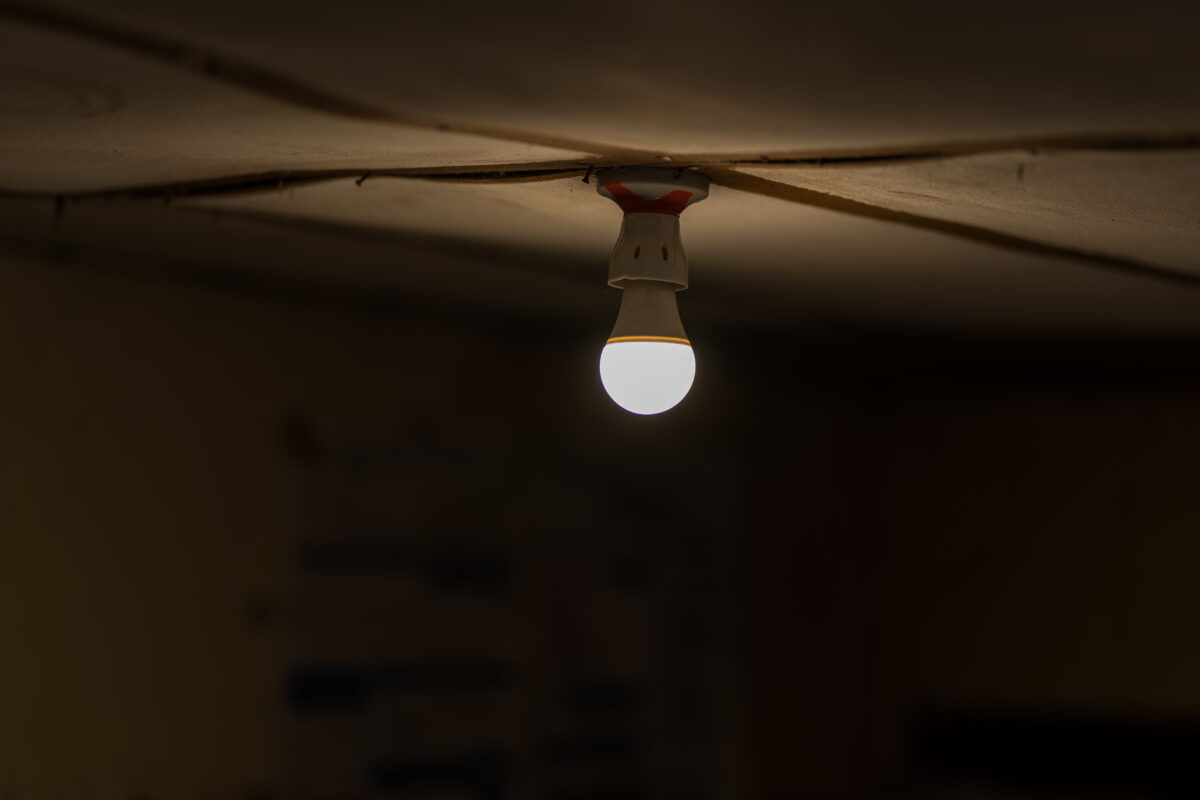
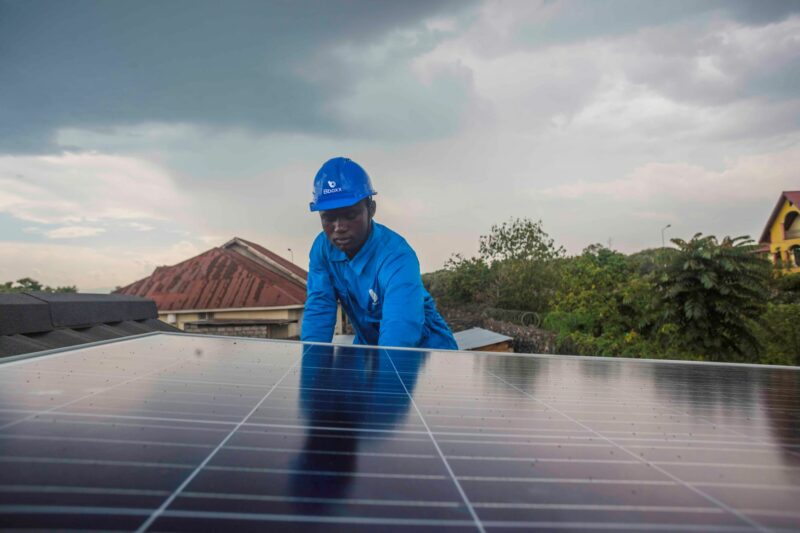
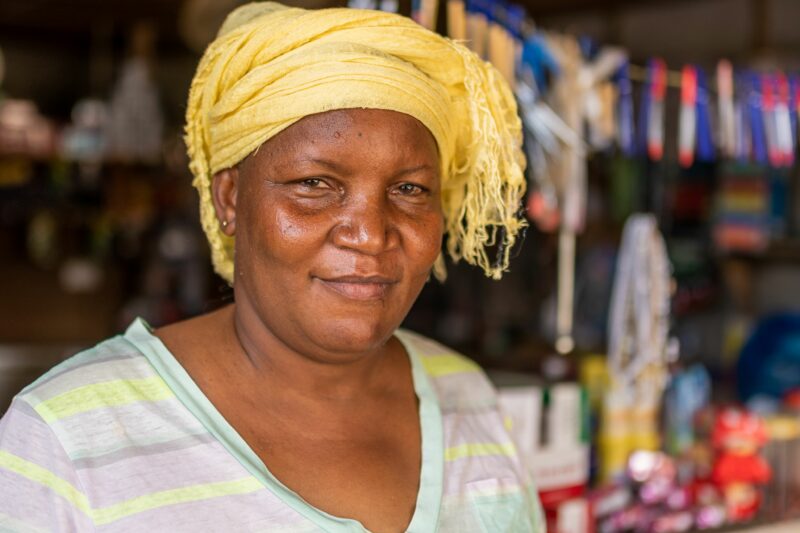
Mobilising finance
Despite the cost of solar panels having fallen over recent years and significant technological innovation in the battery storage sector, developers often find it difficult to attract traditional finance, particularly in frontier markets. With support from our Owners – the governments of the UK, The Netherlands and Switzerland – InfraCo Africa’s unique mandate enables us to test new financial instruments, de-risking these investments and attracting further development, private sector and institutional finance to the sector.
To this end, we recently announced that we will be piloting SE4All’s innovative Results Based Financing instrument – the Universal Energy Fund (UEF) – to expand our Sierra Leone Mini-grid project. It is hoped that the project will identify the scheme’s potential to support more and larger mini-grid developments across the continent.
Developing Africa’s local capital markets will also be key to unlocking institutional finance from pension and insurance funds for off-grid energy assets. We anticipate that our support for guarantee facilities such as InfraCredit Nigeria and a new guarantee company in Kenya will give investors greater comfort to invest into less familiar asset classes whilst mobilising much-needed local currency finance for off-grid portfolios. Through its Climate Finance Blending Facility supported by FCDO, InfraCredit Nigeria is already providing guarantees for bond issuances by mini-grid developers in the country.
What next for off-grid energy?
The World Bank and ESMAP recently published the 2022 Mini Grids for Half a Billion People Handbook designed as a comprehensive reference document for decision makers in the sector. InfraCo Africa is proud to be noted among the top three most active global investors in mini-grid companies.[vii] We are committed to continuing our active involvement in the sector, leveraging the funds of developed nation taxpayers to deliver much-needed clean energy access and to attract further investment into the burgeoning off-grid energy space.
The skills and technology exist in Africa today to rapidly scale up the continent’s off-grid energy sector and there is no shortage of ambitious developers willing to take the next step. Governments are beginning to incorporate off-grid renewables as a key element of their energy planning and donors are seeking innovative new ways to support these plans. Dedicated industry bodies such as the Mini-Grids Partnership, Mini-grids Finance Group, Africa Mini-grid Developers Association and the Alliance for Rural Electrification are also gaining strength. What I find perhaps most exciting, is the increasing recognition of solar off-grid’s potential to support more holistic plans for delivery of electric transportation, agriculture and food security, cold storage and trade and logistics services across sub-Saharan Africa. An example is our recent investment into Mawingu which will deliver broadband internet access to rural Kenyan communities using solar-powered telecoms towers. This holistic approach will support the Paris Agreement whilst delivering sustainable economic development and progress towards achieving the UN SDGs. Truly giving us cause for hope, and the courage to do more!

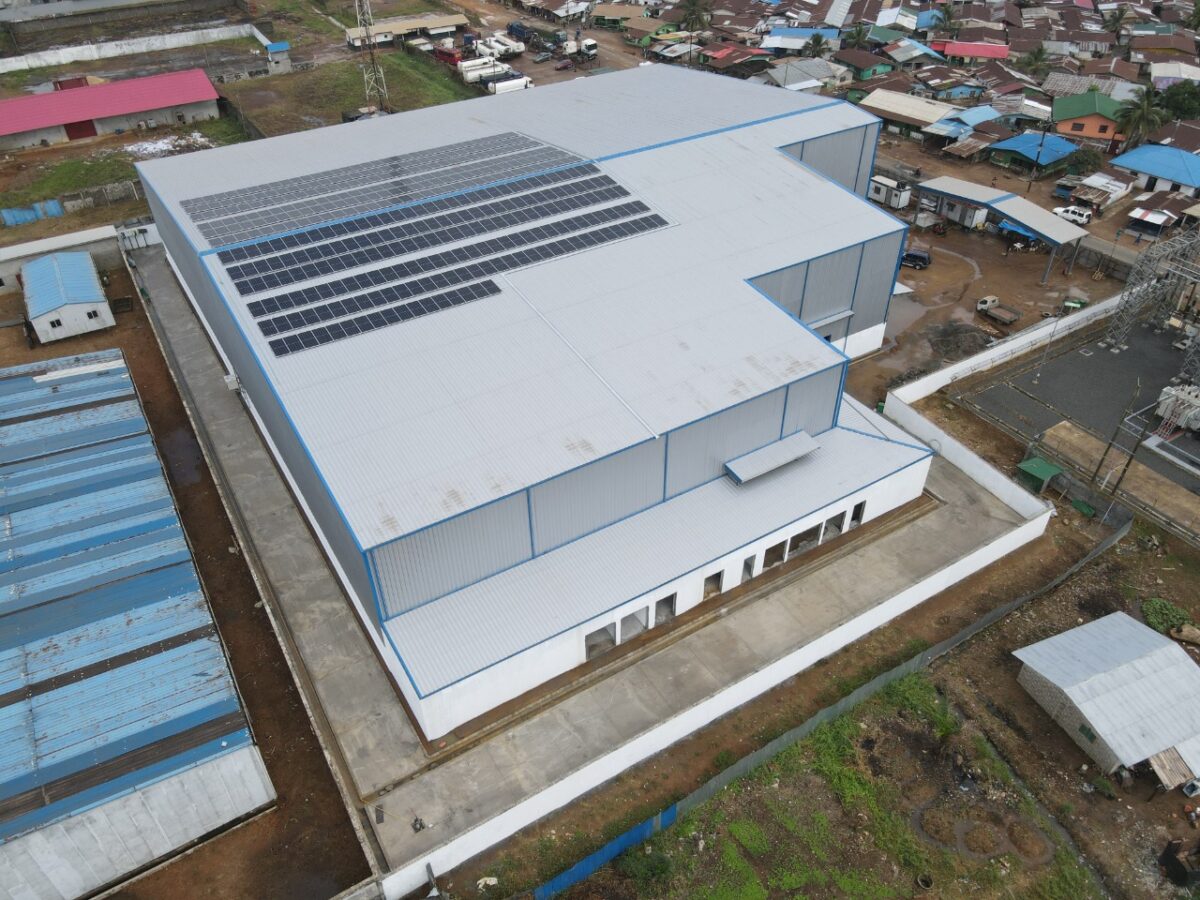
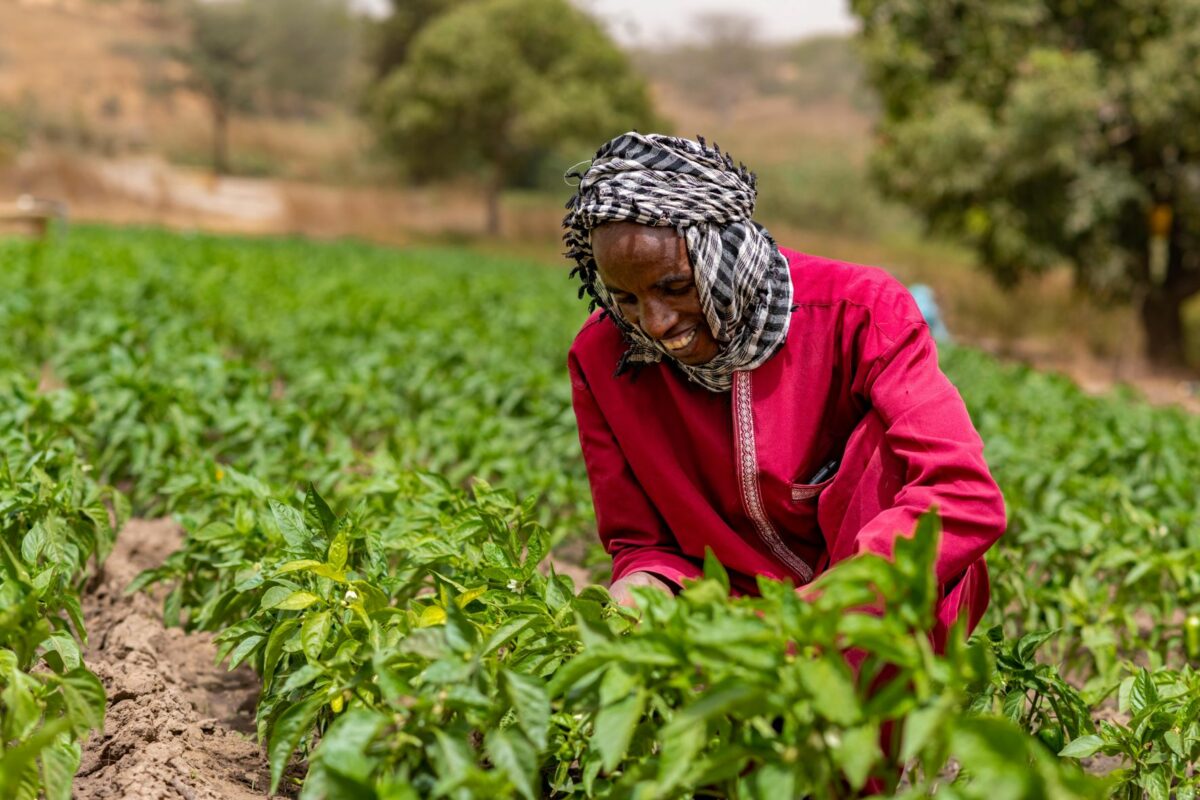
Off-grid energy is just a small segment of the work into which my team is pouring its expertise and enthusiasm. To find out more, please visit our website or get in touch via info@infracoafrica.com.
- [i] https://www.youtube.com/watch?v=N4pA_owYk2c
- [ii] https://energypedia-consult.com/sites/default/files/dateien/Energy%20and%20the%20SDGs%20-%20energypedia%20consult%20Oct%202016.pdf
- [iii] https://data.worldbank.org/indicator/EG.ELC.ACCS.ZS?locations=ZF
- [iv] https://iea.blob.core.windows.net/assets/6fa5a6c0-ca73-4a7f-a243-fb5e83ecfb94/AfricaEnergyOutlook2022.pdf
- [v] https://practicalaction.org/news-media/2022/02/04/links-between-energy-access-climate-adaptation/


